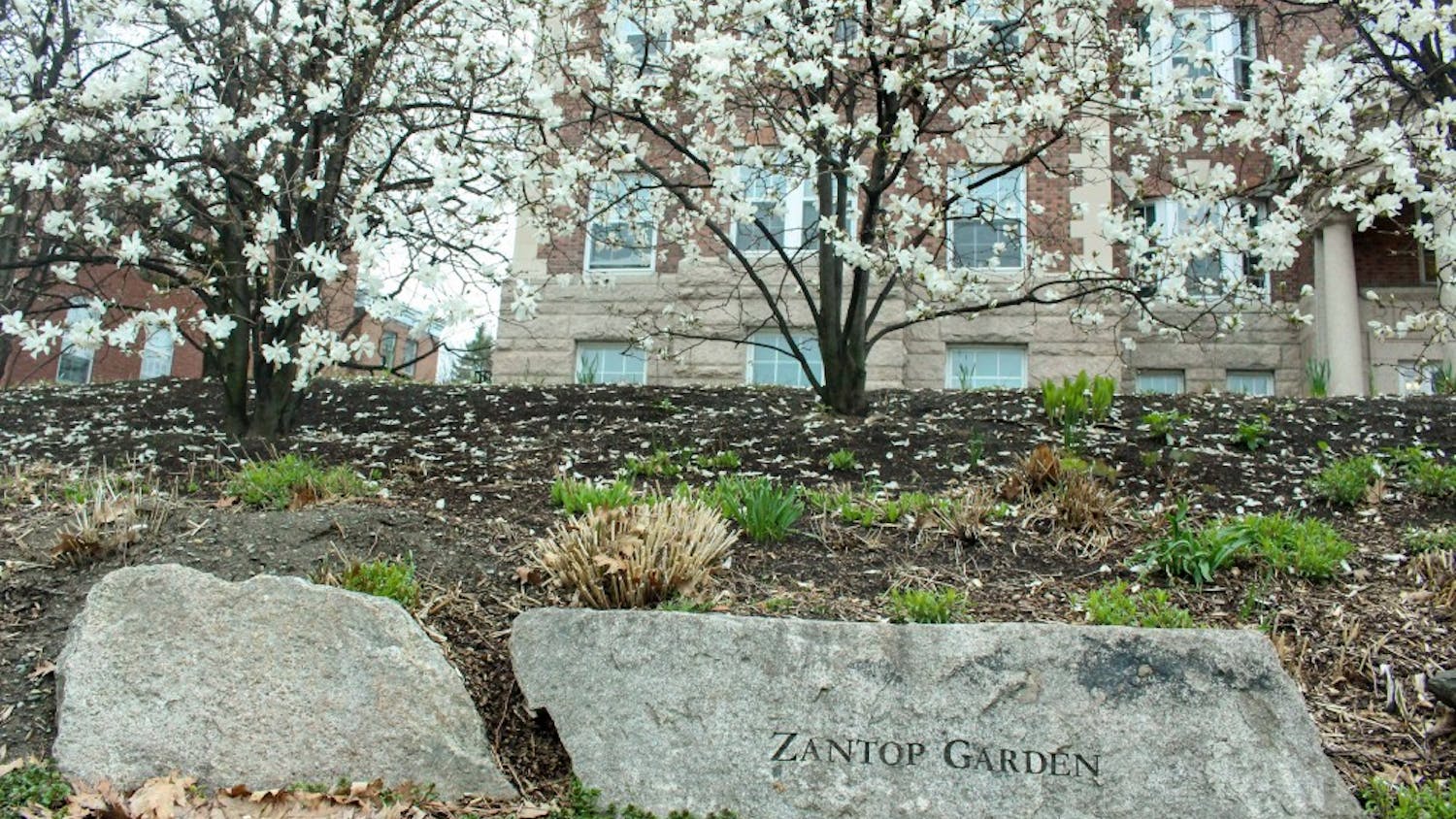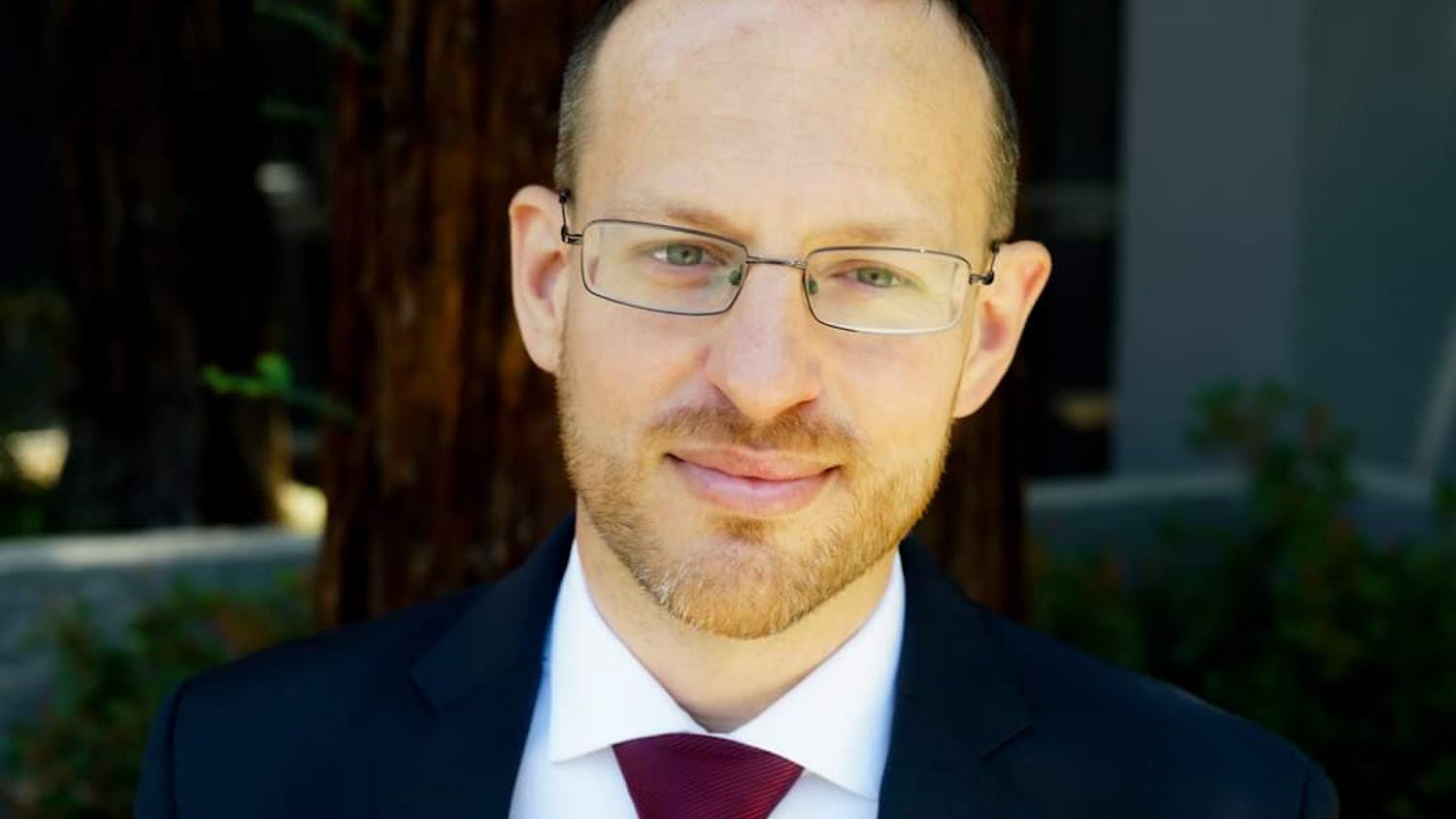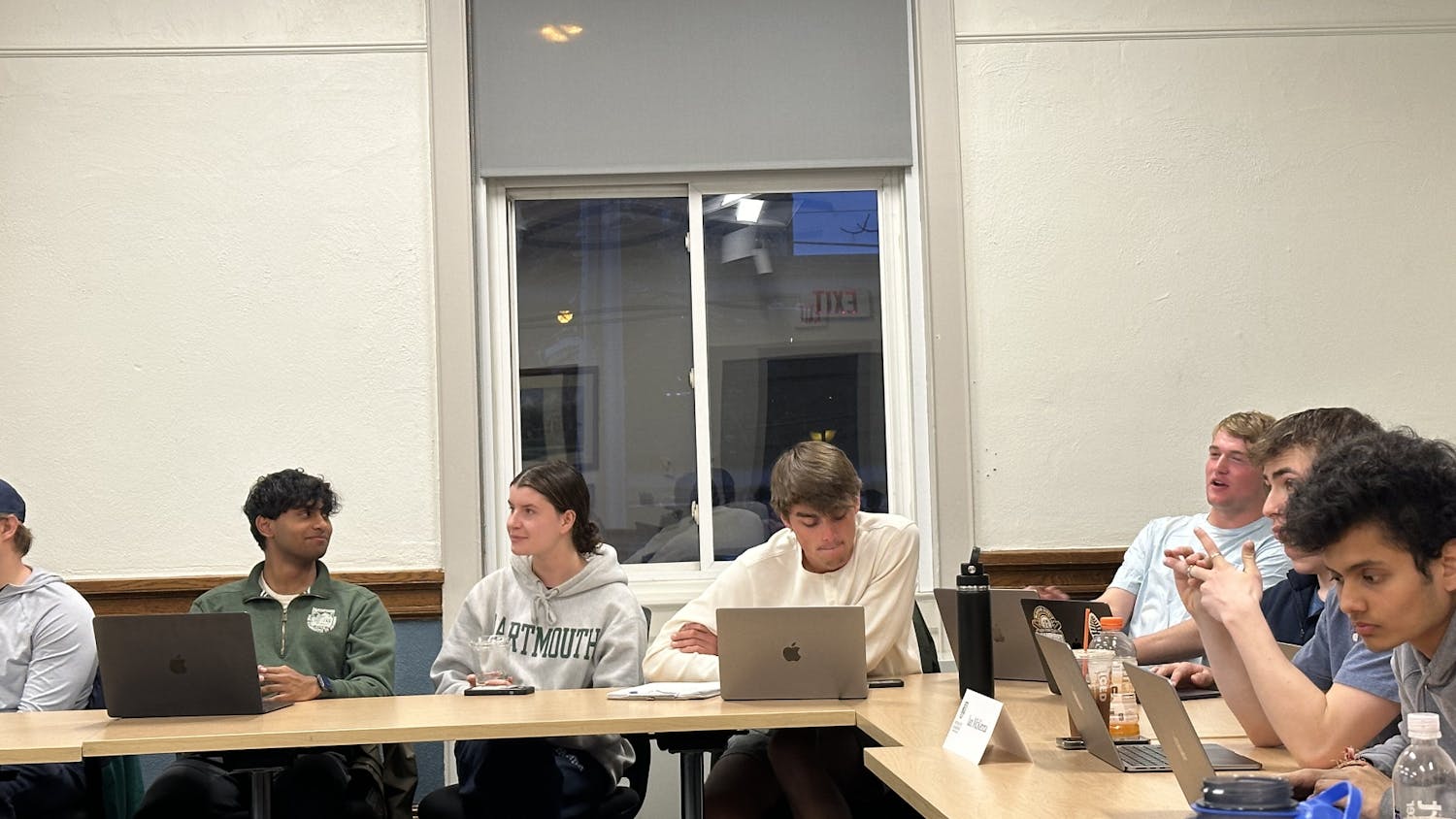The Dartmouth Community Study, an extensive survey about the campus climate of the College that is a key component of College President Phil Hanlon’s “Moving Dartmouth Forward” policy initiative, was released Tuesday morning in a campus-wide blitz from Provost Carolyn Dever.
It asks a range of questions about living, learning and working at the College.
The survey begins with a list of definitions for words relating to identity and inclusivity, such as “ableist” and “harassment.” Questions in the survey ask participants to rate how comfortable they feel with the College’s community, whether they have been sexually assaulted and whether they believe the community is welcoming toward minority groups, among other topics.
One table, for example, asks participants to rate the College on a scale of one to five on its friendliness to the queer community, veterans, non-U.S. citizens, men, women and other groups.
The anonymous questionnaire will adjust automatically depending on how the respondent answers specific questions, working group member and physics graduate student Spencer Hatch said.
A working group of 10 members — including College staff, faculty and a student representative — began meeting last spring and worked throughout the summer with the firm Rankin and Associates Consulting.
Vice president for institutional diversity and equity and survey working group member Evelynn Ellis said that a survey of this kind is unprecedented for the College.
“It is geared to address issues far beyond any survey that we’ve done before,” she said.
Ellis said the survey does not target one specific topic — instead, those running the survey seek to glean information about as many issues as possible. She stressed the importance of student participation in the study. Student discontent, she said, will only be addressed if brought to the attention of administrators.
“If we can just get the vast majority of campus to fill it out, I think we’re going to be surprised,” she said. “I think we’re going to learn about some things we didn’t even know we should be addressing,”
Ellis said that she has observed people describing problems without data to substantiate their arguments, and, as a result, the College can disregard anecdotal concerns. If there is a strong response to the survey, the College will not be able to turn away from the issues it raises, she said.
She stressed that the survey is anonymous and students are given the chance to elaborate upon their survey answers or fill in new answer options, in order to encourage students to be as honest as possible.
Hatch said the survey will not have a significant impact on current students, but it will be of importance for future students at the College.
Hatch said that the working group has attempted to distinguish the poll from past surveys, so it is optimistic about the number of students that might participate. But he said that he is uncertain about how faculty and staff will react to the survey, due to past experiences with studies that have not led to any action.
“Sometimes faculty and staff have the opinion that nothing comes of these surveys,” he said.
Student Assembly president Frank Cunningham ’16 said that he believes that surveys like the Dartmouth Community Study should be conducted each year, because administrators can employ data received to monitor whether campus institutions and initiatives have achieved their goals.
Cunningham added, however, that a survey alone is insufficient.
“I don’t want to simply just see a survey — I want to see something that comes from it as well,” he said.
Chelsea Lim ’16 said that while she has not taken the survey yet, she intends to complete it. She said that students often assume that it will not make a difference, but this apathy leads to few drastic campus changes.
“I feel like a lot of people shirk it off because they don’t think it will make a difference, and that’s what makes students have no impact,” she said.
Makena Kauhane ’19 said that she plans to take the survey when she has time. She said students should take part in order to bring awareness to and think more about these issues.
“I think it’s important to see the breadth of opinions and ideas that people have on these issues, because it’s such a diverse school,” she said.
Alexander Brown ’19 said that he plans to participate in the survey, because he thinks administrators require the data for changes to occur.
“With well-asked questions about pressing issues, if students take the time to fill it out, and the administration see that students feel an overwhelming way about something, that could definitely create some change,” he said.



